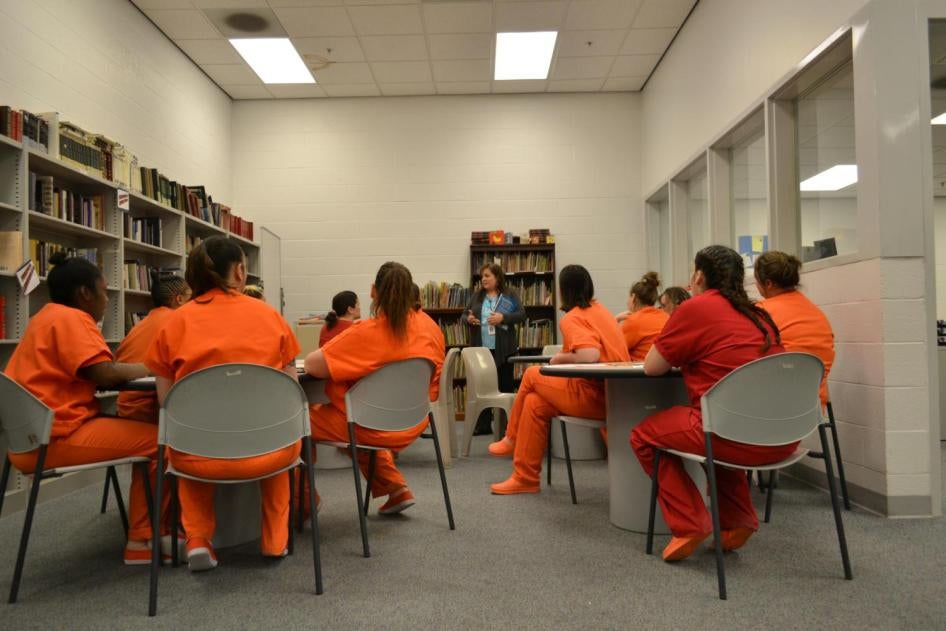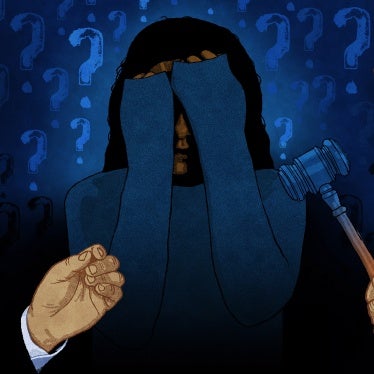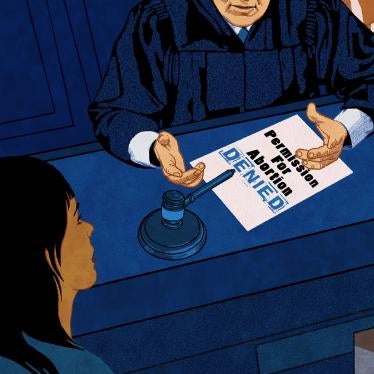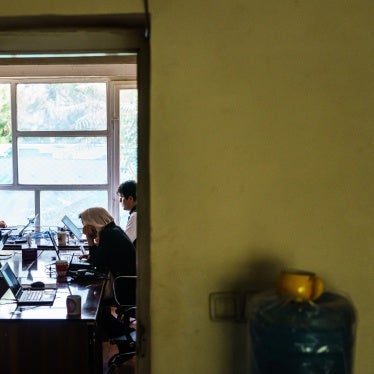As Mother’s Day approaches, we should not forget an entire group of moms who are often ignored: the 214,000 women incarcerated in the United States, most of whom are moms with minor children.
Tanisha’s case (not her real name) is tragically typical. A 25-year-old Black mother-of-four, she was incarcerated in Oklahoma County Jail, following a domestic dispute in 2017. She said that although she believed she would ultimately be exonerated, after a month in jail she could no longer bear being separated from her young children, and accepted a guilty plea to get home. She left jail with a US$900 bill for her stay, a felony conviction, and five years probation. When she finally returned home, she found out that her one-year-old and twin infants had been taken into child welfare custody. A year later, she was still struggling to get them back.
When moms are jailed, the consequences for children can be devastating, from being shunted into the foster care system, to remaining home alone to fend for themselves.
Human Rights Watch is currently documenting the experiences of moms like Tanisha in Oklahoma jails. Oklahoma has the second highest overall imprisonment rate in the US and incarcerates more women per capita than any other state. Many are jailed for minor offenses, including traffic violations, and remain behind bars pretrial until they can afford bond, accept a guilty plea, or their case is otherwise resolved.
The women we talked to described how difficult it was to keep in contact with their children while in jail. Although studies show that visitation reduces recidivism and lessens parent-child distress, many jails in Oklahoma do not allow children under 14 to visit. Phone conversations are futile with babies, as of course is written communication. In some jails, mothers aren’t allowed to keep their child’s crayon drawings. While they are away, many moms also risk losing custody of their children. The overwhelming need to return home pressured many to accept guilty pleas even when their lawyers advised against it.
Even short stays behind bars can have a long-lasting impact on moms and their children. Last year, a coalition of organizations kicked off the “Black Mama’s Bail Out Day” to bail out Black mothers and caregivers held in jails because of their inability to pay. Reforming the bail system is one of many ways to address state-imposed constraints that are tearing families and communities apart.









